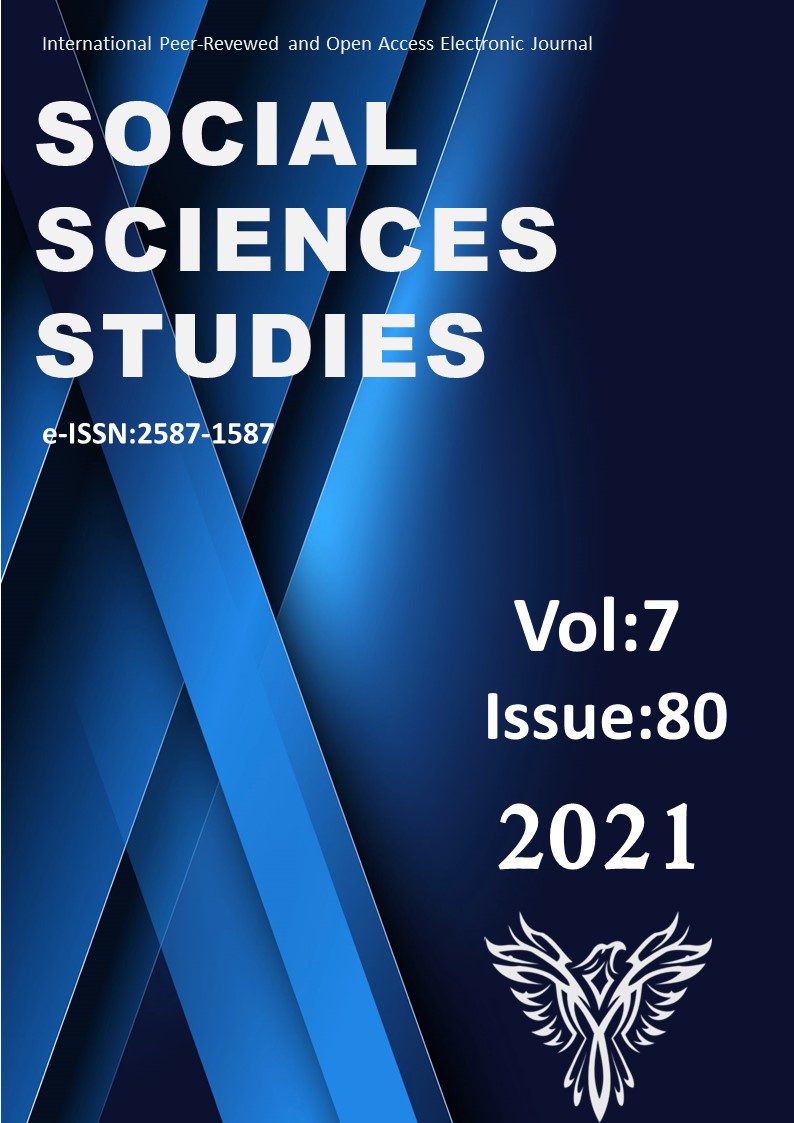Author :
Abstract
Türk-Amerikan ilişkilerinin başlangıcı sayılabilecek ilk temas Osmanlı döneminde, 18. yüzyıl sonlarında, ilk diplomatik ilişkilerin tesisi ise Türkiye Cumhuriyeti’nin ilk yıllarında (1927) gerçekleşmiştir. Ancak Türkiye-ABD ilişkilerinde asıl gelişim süreci İkinci Dünya Savaşı sonrası iki kutuplu dünya düzeninde Türkiye’nin en başından itibaren Batı ittifakı içerisinde yer almasıyla başlamıştır. Türkiye’nin NATO üyeliğiyle birlikte (1952) ikili ilişkiler askeri ittifak çerçevesinde ivme kazanmış ve Soğuk Savaş döneminde stratejik boyuta taşınmıştır. Soğuk Savaş’ın sona ermesiyle birlikte uluslararası sistemde tehdit ve güvenlik algılarında dönüşüm yaşanmış, küresel aktörler bölgesel politikalara yönelmiştir. 1990’lı yılların başından itibaren Ortadoğu politikaları çerçevesinde Türkiye-ABD ilişkileri de yeni bir boyut kazanmıştır. Yeni dönemde ikili ilişkilerin; stratejik ortaklık ve model ortaklık gibi söylemlerle tanımlanmaya çalışıldığı görülmüştür. Ancak hem Soğuk Savaş sürecinde hem de sonrası dönemde ABD’nin ikili ilişkilerde her zaman kendi çıkarlarını önceleyen, Türkiye’nin çıkarlarını, egemenlik haklarını ve güvenliğini göz ardı eden davranışları güvene dayalı bir ittifak ilişkisinin kurulmasına engel olmuştur. ABD’nin Türkiye’ye karşı, müttefiklik ilişkisiyle bağdaşmayan politika ve uygulamaları son dönemde daha belirginleşmiş, siyasi ve ekonomik yaptırımlara kadar ilerlemiştir. Özellikle Trump döneminde, Türkiye’nin doğrudan güvenliğini ilgilendiren S-400 krizi, F-35 krizi ve CAATSA yaptırımları ile ikili ilişkiler çıkmaza girmiştir. Turmp sonrası dönemde Türkiye-ABD ilişkilerinin geleceği de kaçınılmaz olarak bu sorunlar çerçevesinde şekillenecektir. Yeni dönemde mevcut sorunların çözümü, geçmişte olduğu gibi sadece ABD’nin değil, Türkiye’nin de çıkar ve beklentileri gözetilerek atılacak adımlara bağlı olacaktır.
Keywords
Abstract
The first contact can be considered the beginning of the Ottoman period in Turkish-American relations, the late 18th century, the establishment of the first diplomatic relations with the Republic of Turkey in the first years was realized. But, the actual developmental process in Turkey-US relations after the Second World War from the beginning of the bipolar world order began to take part in Turkey in the Western alliance. With Turkey's membership in NATO (1952), bilateral relations have gained momentum in the framework of military alliances during the Cold War and were moved to the strategic dimension. With the end of the Cold War, there has been a transformation in the perceptions of threat and security in the international system, and global actors have turned towards regional policies. Within the framework of Middle East politics since the early 1990s, Turkey-US relations have gained a new dimension. In the new period, bilateral relations; It has been observed that it is tried to be defined with discourses such as strategic partnership and model partnership. But as the Cold War in both after the period in the bilateral relationship the United States, always precede its own interests, Turkey's interests, the sovereignty and security, which ignores behaviors, has prevented the establishment of an alliance relationships based on trust. US against Turkey, policies and practices incompatible with the alliance relationship has become more obvious in recent years has moved up the political and economic sanctions. Especially the Trump period, Turkey's security interests directly with S-400 crisis, F-35 crisis and CAATSA the sanctions were deadlocked in bilateral relations. Trump period after the future of Turkey-US relations will be shaped within the framework of these issues inevitably. Solution of the existing issues in the new period, not only in the US as in the past, Turkey is also considering steps to be taken will depend on the interests and expectations.
Keywords
- Battır, O. & Yiğittepe, L. (2021). “‘Trump Sonrası Dönemde Türkiye-Abd İlişkileri: Güvenlik Politikaları Bağlamında Bir
- başlamıştır. Türkiye’nin NATO üyeliğiyle birlikte (1952) ikili ilişkiler askeri ittifak çerçevesinde ivme kazanmış ve Soğuk Savaş
- dönüşüm yaşanmış, küresel aktörler bölgesel politikalara yönelmiştir. 1990’lı yılların başından itibaren Ortadoğu politikaları
